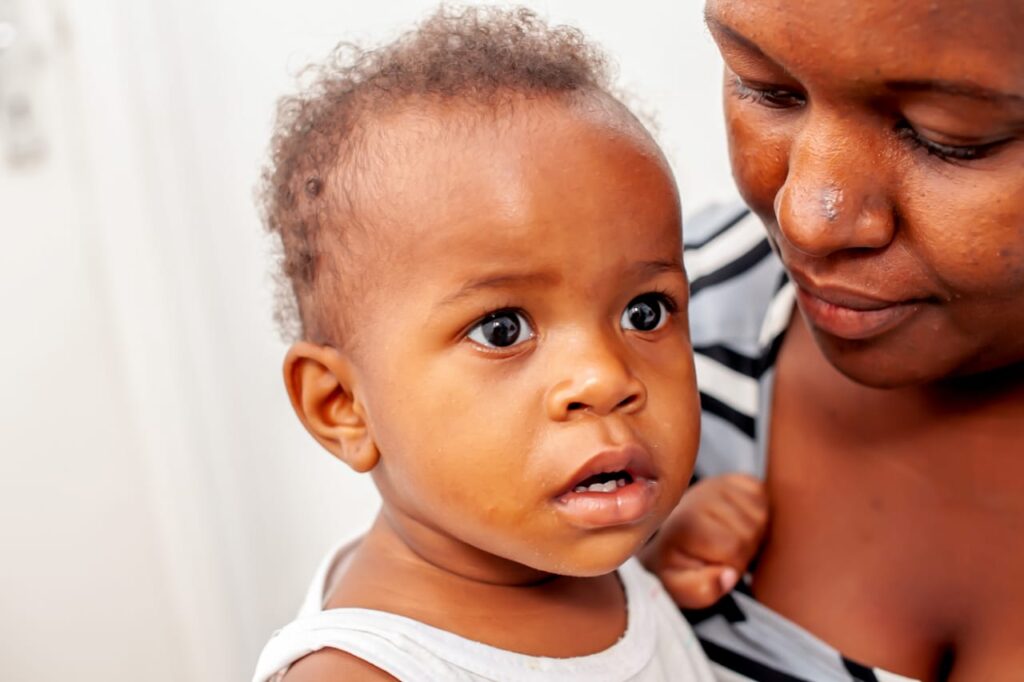Reducing the Risk of Children Developing Cancer Later in Life
Over the years, research has revealed many things that adults can do to lower their risk of developing cancer. However, parents may not know that there are things they can do to reduce the risk of their children developing cancer as adults.
Since February is National Cancer Prevention Month, we want to provide tips from an expert at Texas Children’s Cancer and Hematology Center to reduce the lifetime risk of developing cancer.
Eat healthy. Encourage healthy diet habits for your children. Unhealthy eating habits — including diets low in fruits and vegetables and or high in processed meats — are associated with an increased risk of cancer in both men and women. Good eating habits as a child are the best way to maintain these habits as an adult.
Exercise. Encourage your children to exercise. Low levels of physical activity or being overweight are also associated with different types of cancers. Developing regular exercise habits as a child is the best way to maintain these habits as an adult.
Protect against the sun. Too much ultraviolet (UV) light from the sun increases the risk of developing skin cancer. Exposure to UV light can be decreased through sun safe practices like wearing sunscreen or long sleeve clothing. Teach your children how to protect themselves from the sun.
Do not smoke or use other forms of tobacco. Smoking has not only been associated with lung cancer, but also with other cancers. Other types of tobacco, like smokeless tobacco (chew or dip), also increase the risk of developing cancer. Although studies about vaping (using e-cigarettes) are ongoing, it is likely that vaping will also increase the risk of cancer in adults. Have early, regular, and age-appropriate talks with your children about the risks of tobacco.
Stay away from alcohol and drugs. Alcohol has been associated with several different types of cancer. Intravenous (IV) drug use, specifically using dirty needles, can cause infections like hepatitis B and hepatitis C, which can cause liver cancer, or HIV, which can also cause several different types of cancer. Have early, regular, and age-appropriate conversations with your children about the risks of alcohol and drugs.
Stay up to date on vaccinations. Hepatitis B can cause liver cancer. Human papilloma virus (HPV) can cause several different types of adult cancers including cervical cancer in women. Vaccination against these infections greatly reduces the risk of these cancers. Get your children vaccinated against hepatitis B and HPV.
Adopt safe sexual practices. Protection against sexually transmitted infections, such as hepatitis B, hepatitis C, HIV, and human papillomavirus (HPV) is critical. The risk of getting one or more these infections, which can lead to many different types of cancers, can be decreased by making sure your children are informed. Have early, regular, and age-appropriate discussions with your children about safe sexual practices to protect themselves against sexually transmitted diseases.
Talking to your child about these topics may be uncomfortable for you. You may feel that you don’t have enough information or that you don’t know the right time to start such conversations. Such feelings are not uncommon. If you’re feeling like this, I would strongly recommend asking your child’s doctor for help in handling these challenging discussions.

